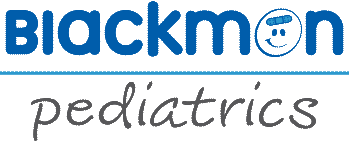What is RSV and how can I protect my child from getting it?
Respiratory syncytial virus (RSV) infects almost all children at least once before they are 2 years old. Most of the time this virus only causes minor cold-like symptoms. However, for some babies infection can be more dangerous.
For certain infants who are extremely preterm (infants born before 32 weeks of pregnancy) or who are born with severe heart disease or severe lung disease, RSV infection can be especially serious. Preterm infants often have underdeveloped lungs and may have difficulty fighting an RSV infection once they become infected.
There are important steps you can take to prevent exposure to RSV and other viruses, especially in the first few months of your child's life. These precautions include
- Make sure everyone washes their hands before touching your baby.
- Keep your baby away from anyone who has a cold, fever, or runny nose.
- Keep your baby away from crowded areas like shopping malls.
- Keep your baby away from tobacco smoke. Parents should not expose their infants and young children to secondhand tobacco smoke, which increases the risk of and complications from severe viral respiratory infections.
- For high-risk infants, participation in child care should be restricted during RSV season whenever possible.
- All high-risk infants and their contacts should be immunized against influenza beginning at 6 months of age.
There are medications that your pediatrician may prescribe that could reduce the risk of developing serious RSV infection. These medications are used only for the small number of babies who are in the highest risk groups for hospitalization. The American Academy of Pediatrics has developed specific criteria for use of these medications. You should consult with your pediatrician regarding specific details on who is at highest risk and which high-risk infants are most likely to benefit from receipt of these medications.
- Source Caring for Your Baby and Young Child: Birth to Age 5 (Copyright © 2009 American Academy of Pediatrics)

